Digestive problems with pets can come all of a sudden so it's important to always be prepared!
If you're one of the millions of pet owners who have experienced digestive problems with your fur babies, you know how frustrating and scary it can be! You may feel like you're at a loss and don't know what to do or where to turn for help. But don't worry, there are a few things you can do to help your pet feel better and hopefully avoid these digestive problems in the future!
Here's everything you need to know about digestive problems in pets:
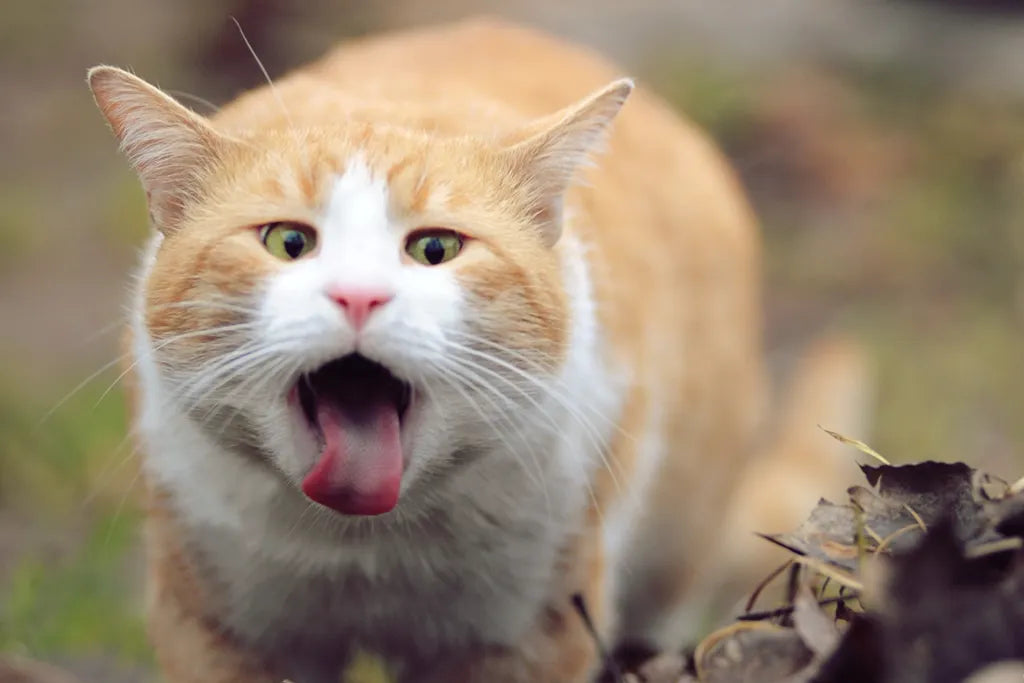
Signs of Digestive Problems in Pets:
- Vomiting
- Diarrhea or soft stools (either with or without blood or mucus)
- Constipation
- Fever
- Dehydration
- Abdominal pain (usually your pet doesn't you to pick them up because of the pain)
- Abdominal enlargement
- Distress or inability to get comfortable
- Flatulence
- Sudden inactivity or depression
- Change in behavior (lethargy, grumpiness, playing less, or hiding)
Excessive gas (rumbling/gurgling stomach, burping, etc.) - Nause
- Weight Loss (because of excessive vomiting and diarrhea)
- Constipation
- Loss of appetite
These other signs below is severe and needs to be taken to the veterinarian immediately:
- Vomiting liquids
- Severe dehydration (because of vomiting too much liquids)
- Excessive shaking or panting
- Dry heaving
Kinds of digestive problems in pets & what you must do for each of them:
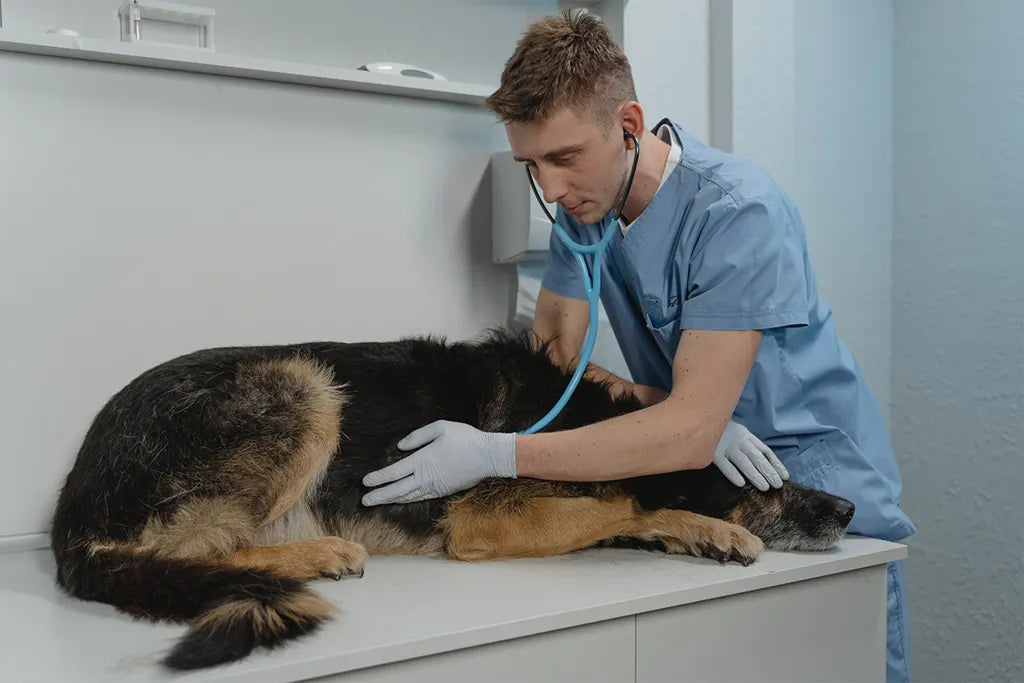
Intestinal Worms/Parasites
Worms are one of the most prevalent pet digestive problems and not only outdoor pets can have this but even pets indoors may have intestinal worms/parasites. The most difficult aspect of detecting and treating them is that a pet might be infected yet shows no symptoms at all. Hookworms, roundworms, whipworms, and tapeworms are the most frequent intestinal parasites. Signs that your pet is dealing with worms is if your pet's coat becomes dull, their stomach develops a pot belly shape, or they're having trouble with energy and weight loss. If you believe your pet has worms, you must visit a veterinarian for confirmation. Each worm species has its own treatment regimen, so knowing what sort of worms your pet might have is critical.
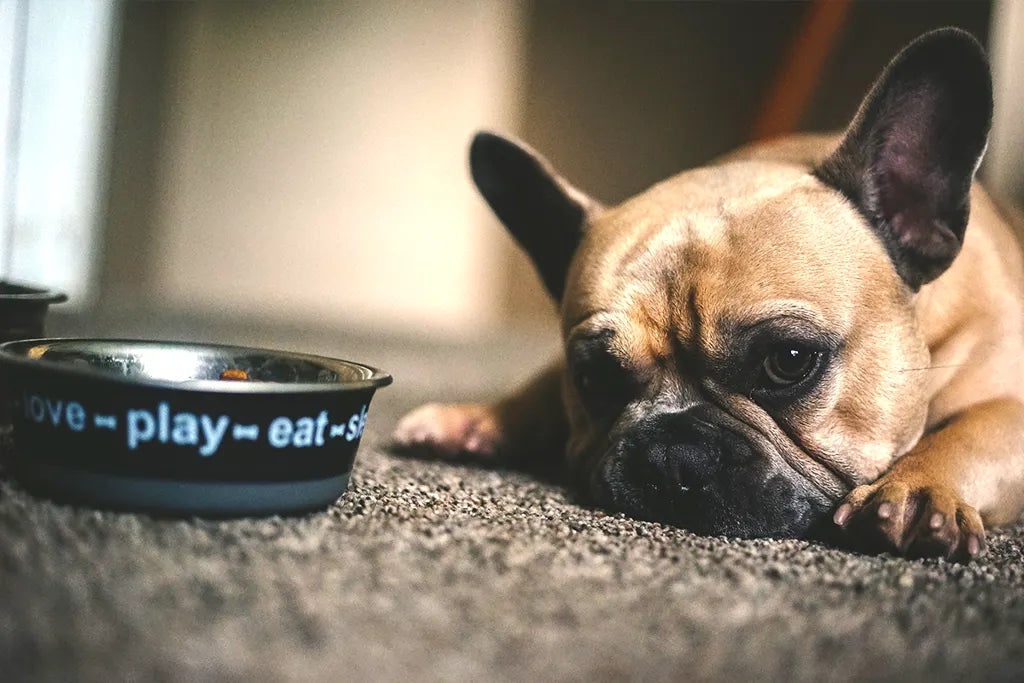
Sudden Changes in Diet
As how when us humans have digestive problems when we change our diet, pets have it too! Digestive issues can occur at any time, even when switching to a healthy diet. It's because their body takes time to get used to the new foods coming into their digestive system. As a result of this sudden change of diet, your pets will be more inclined to accept a new type of food as well as minimize digestive upset. So keep in mind that if you plan to change your pet's diet, do it slowly and still mix some of their old food to the new ones until they get used to the new food you're trying to feed them.

Inflammatory Diseases
Digestive difficulties can occur if one or more of the organs in your pet's digestive tract become inflamed. The liver, pancreas, and small intestine are all in close proximity in your pet's body, which means that inflammation can rapidly spread among these organs. For cats, this might result in feline triaditis, a disease that affects all three of your cat's digestive organs at the same time. For dogs, some of them may become allergic to food or even inflammatory bowel disease (IBD). To prevent the condition from worsening, your veterinarian will first try to identify any additional reason for the digestive problem such as parasites before administering medication and proposing a specific diet for your pet. Once diagnosed, treatment usually consists of strict dietary compliance and the administration of various supplements or medicines to manage symptoms.

Toxic Foods/Food Allergies
If your pet eats certain foods that are toxic to them, such as chocolate, or other substances like household chemicals, poisons, or even specific types of plants and flowers, this may result to digestive problems. Furthermore, many of these toxins have additional side effects on the body such as trembling, changes in heart rate, etc. and some can be deadly! Furthermore, certain non-toxic drugs such as antibiotics and anti-inflammatories that are given to pets for various health issues may have the potential to induce negative effects like diarrhea or stomach ulcers. To summarize, keep all toxic foods and substances out of reach of your pet.
Food allergies or even food sensitivities for cats and dogs may also occur depending on your their breed and health condition. Your pet's body doesn't tolerate food components well, thus he may have an adverse food reaction or sensitivity. If your pet experiences food allergy, they may have gastrointestinal symptoms (vomiting, diarrhea or gas), skin symptoms (itchy skin, red patches and hair loss), or both. This is why it's important for your pet to have their regular vet checkups and for you to observe all changes in your pet.
You can check out these 13 Dangerous food that your pet should avoid! & 7 Foods that are Toxic for Dogs to learn more!
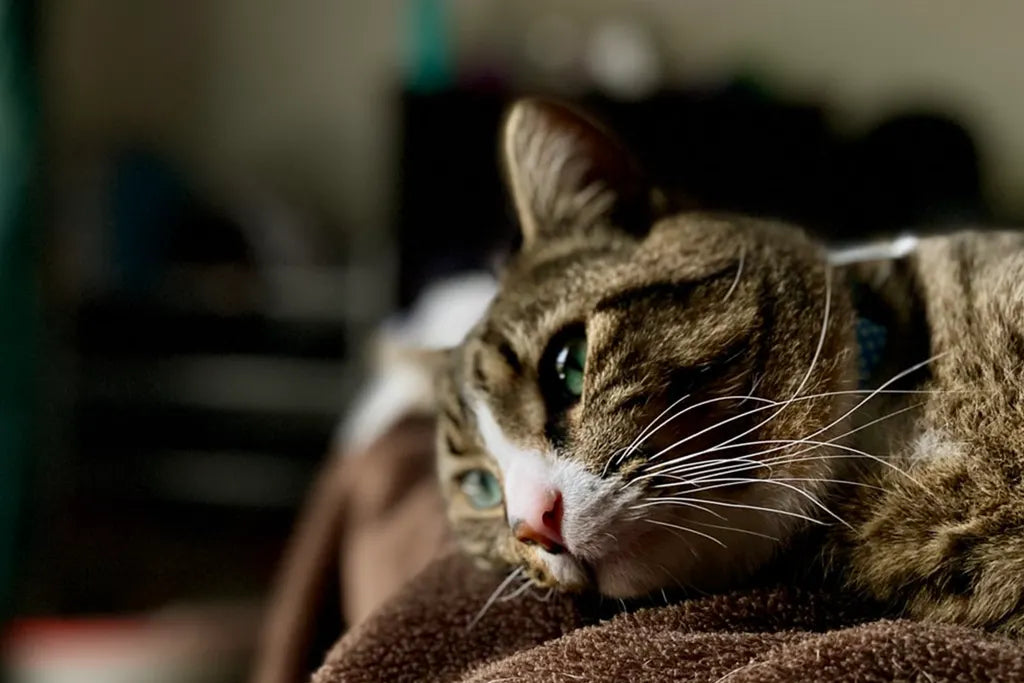
Stress in Pets
Stress, believe it or not, can cause pets to have stomach issues. This is one of the most common reasons of your pet vomiting while traveling or boarding, which is common in dogs. If your pet is prone to this problem, you may want to talk about preventative medicine with your veterinarian before any boarding, travel, or significant changes at home. Some pets are more sensitive to change than others, much as some people are. Pets face a number of challenges. Chronic stress, or repeated periods of acute stress, may induce a variety of undesirable responses including stomach upset. Common triggers of stress in pets include changes in your routine, loud noises, change of surroundings, invasion of personal space and separation from family members which creates separation anxiety.
Check out Pet Separation Anxiety (Causes, Signs, and How to Prevent It Especially If You Plan on Returning to Work After Covid-19) to learn more about preventing separation anxiety in pets!
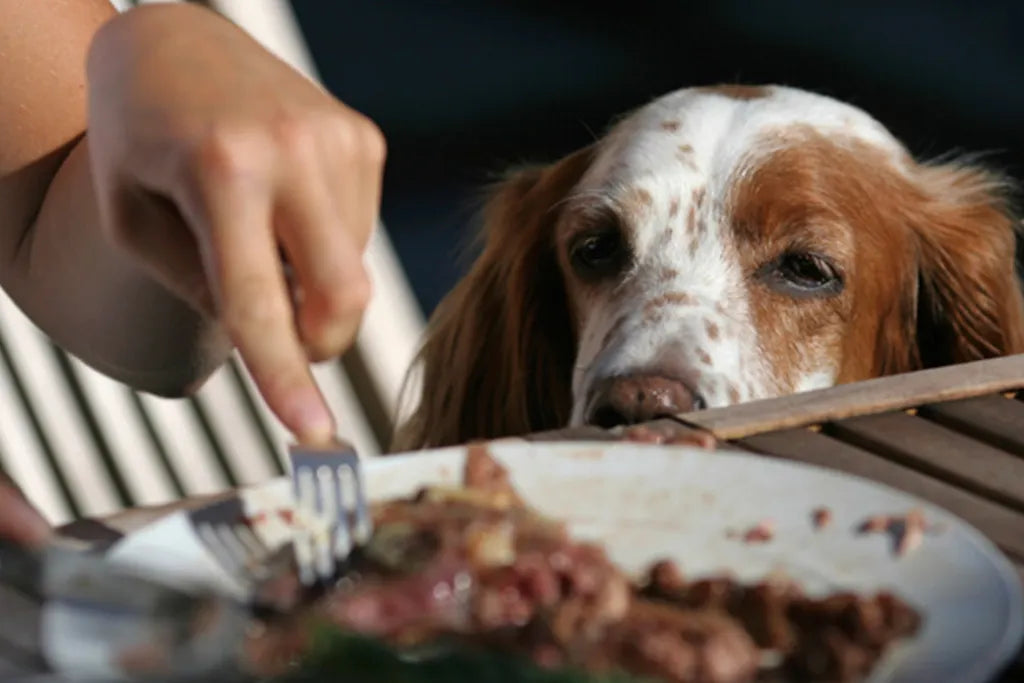
Pancreatitis
Pancreatitis is an acute, painful inflammation of the pancreas that can rapidly get worse and require hospitalization or even surgery. If left untreated, pancreatitis may result in a severe and sometimes irreversible condition. Pancreatitis can affect both dogs and cats. The cause of pancreatitis is unknown, although high-fat diet may be a factor. Trauma to the pancreas, infections, and chronic illnesses can all trigger it. Table scraps that have been contaminated with fatty foods, particularly beef fat and bone marrow, are another typical cause of pancreatitis. Because pancreatitis can be fatal without treatment, a pet afflicted with it may require hospitalization. IV fluid therapy, electrolyte correction, subcutaneous fluids, injectable medications, and pain management are all available in the hospital. Pancreatitis that is severe or recurs several times in the course of a few years may also cause diabetes and persistent digestive difficulties.
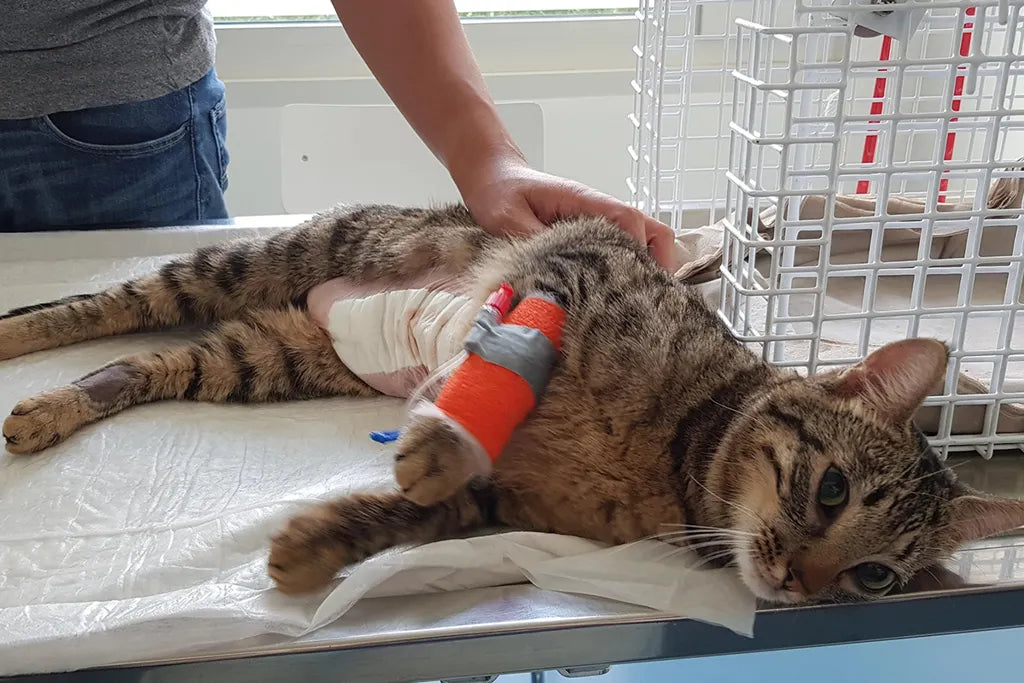
Intestinal Blockage
An intestinal blockage is a medical term that refers to anything that obstructs the passage of food or liquids through the digestive tract, or causes intestines from functioning correctly. Surgical intervention is usually required, and it may be deadly. Many pets, on the other hand, recover nicely after receiving prompt veterinary therapy. Foreign objects like small toys or strings that become trapped in the stomach or intestines are frequently to blame. A mass (cancer), hernia, tumor, intestinal motion issue, or intussusception (a condition in which the small intestine "telescopes" on itself) are all possibilities. A pet with a full intestinal blockage can't swallow food or water and intestinal damage might result in shock or intestine rupture. Which is why veterinarian supervision is needed immediately for these cases.
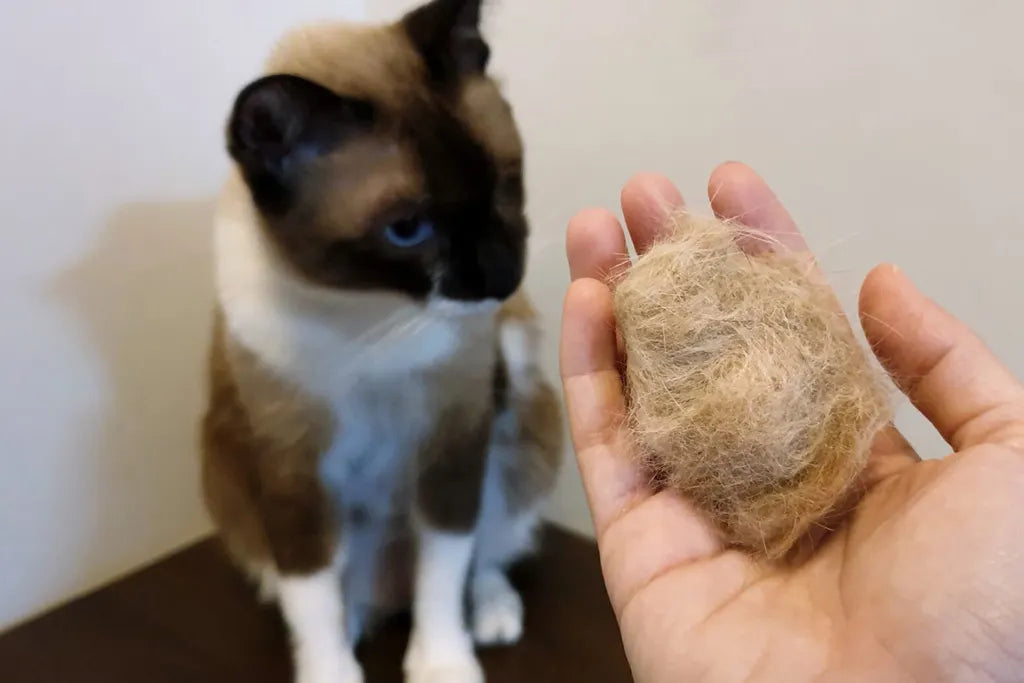
Hairballs
Hairballs are very common for cats but your cat does not have to live with them! When a cat swallows loose hair while grooming, it forms a hairball. This type of hair generally goes through the cat's digestive system and is eliminated during a bowel movement in the litter box. If your cat regurgitates an occasional hairball which is normal, you don't need to visit the veterinarian. The cat coughing up a hairball will begin to cough or wheeze. There is no official rule for a hairball, but many veterinarians believe that one occurs more than once per month. Long-haired cats tend to require more frequent brushing to minimize hairballs. If your cat has long hair, they might benefit from a special diet (hairball control diets or a cat food with the correct fiber balance) or supplements that aid in the movement of hair through the digestive system.
How to Prevent Digestive Problems in Pets:
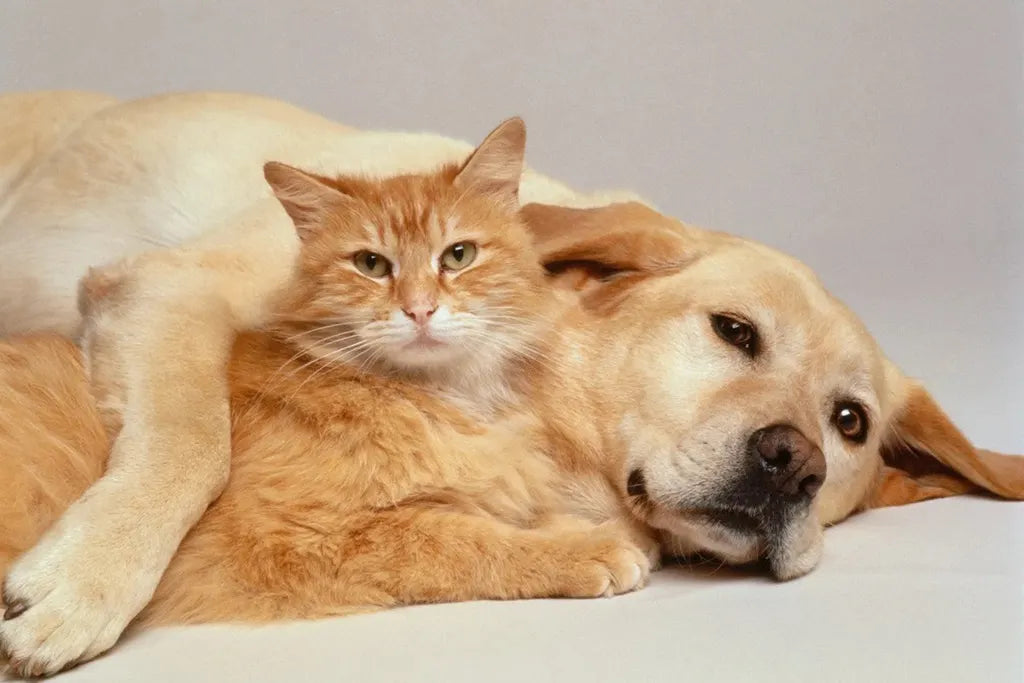
Prevent all the possible digestive problems your fur babies could have by following these tips below:
- It's critical to keep an eye on what your pet eats at all times, as well as ensure he gets a balanced diet, doesn't come into contact with anything he isn't supposed to eat, and doesn't swallow anything he isn't supposed to.
- Keep your pet up to date on all essential veterinarian visits, vaccinations, and parasite prevention.
- Garbage, common household chemicals, plants/flowers, and toys or things that might be ingested should all be kept out of the reach of your pet.
- Don't allow your pet to run about freely outside the house without supervision and make sure to pet-proof your yard, and keep them on a leash when outdoors.
- Know what your pet's typical behavior and health are like is the greatest way to look after them. Digestive issues may appear out of nowhere, so keep an eye out for ways to safeguard your pet at all times.
- Keep your pet hydrated. If your pet starts drinking less often and less water or is drinking a lot, something is wrong. Keeping your pet hydrated is critical to their health.
Conclusion
If your pet is experiencing digestive problems, it's important to take action and figure out the cause immediately! In any cases, record and observe all your pet's signs and talk to your veterinarian about it to treat as soon as possible! Take note that these are just guidelines and knowledge for you to know if your fur babies have digestive problems and when you need to contact your veterinarian.
Share this with your fellow pet owners and you can also leave a comment down below about your experiences with digestive problems with your pets, we would also love to read them!
Sign up to our newsletter down below & follow us on Instagram @sgsmartpaw to stay up to date with our weekly blog articles!

Rose Hazel San Diego
Hazel loves pets & she has owned cats, dogs, & even hedgehogs! She also fosters cats & dogs in need around her area. With her social media & copywriting background, she gladly shares her knowledge of pets through these articles!
Most Recent Articles
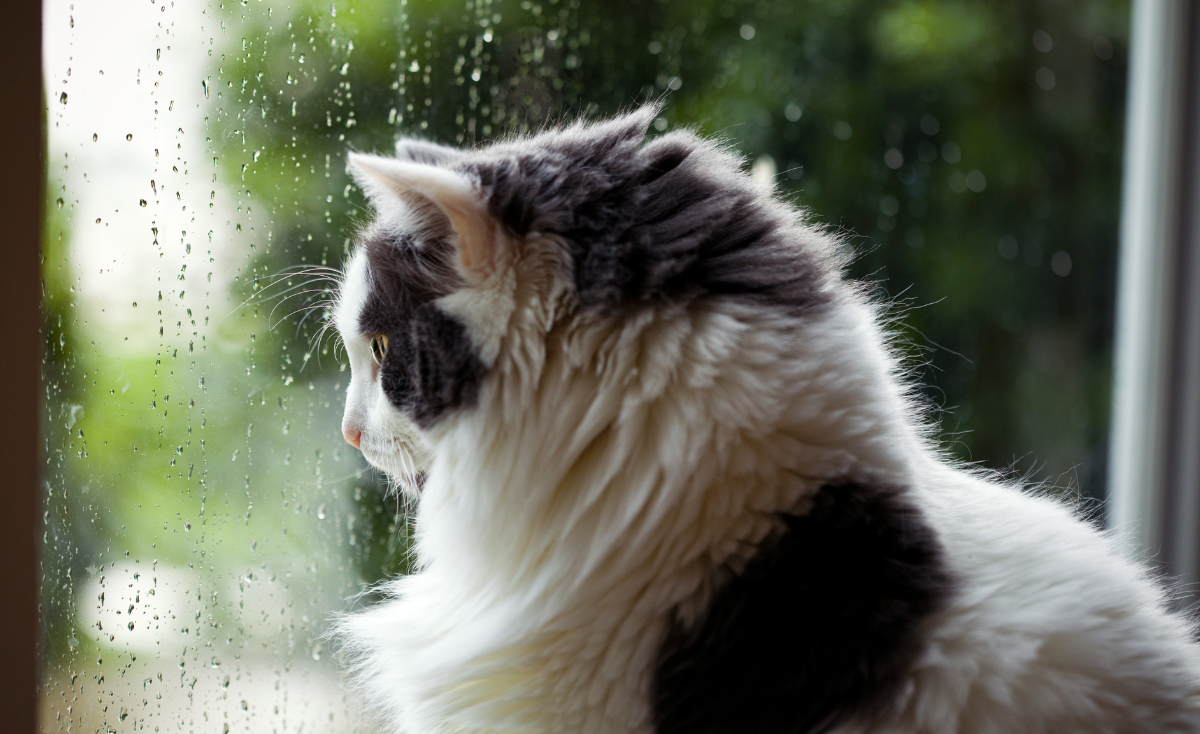
5 Ways to Protect Your Pet from Singapore’s Humidity This Rainy Season
Singapore’s rainy season is here — and while we’re enjoying the cool, cozy weather, our pets are quietly battling the sticky side of humidity. From itchy skin and smelly fur to ear infections and h...
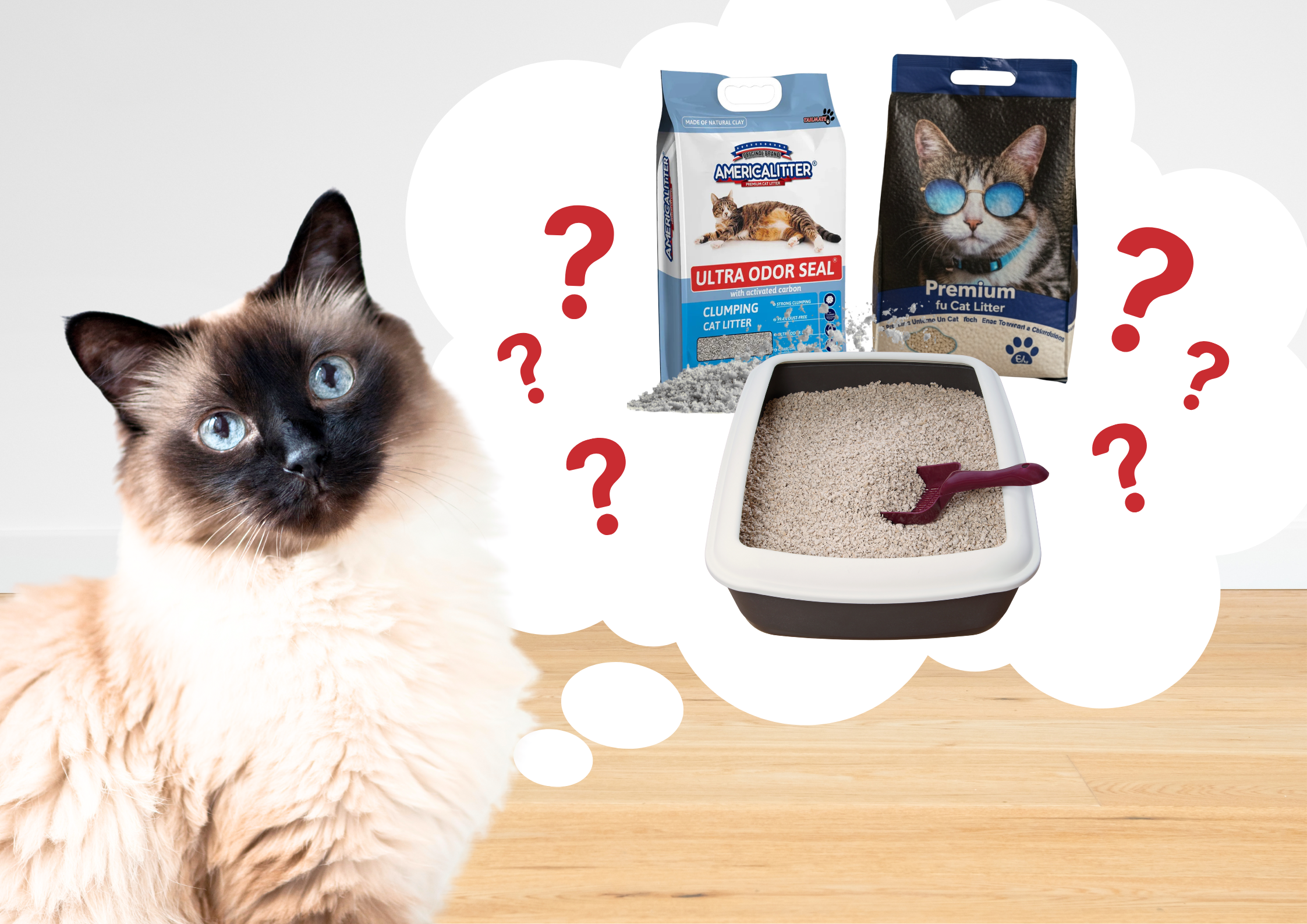
Cat Litter in Singapore: Types, Pros & Cons Explained
Choosing cat litter isn’t one-size-fits-all. This Singapore-focused guide breaks down clumping & non-clumping clay, silica crystals, tofu, wood pellets, and paper—how they work, their real-worl...
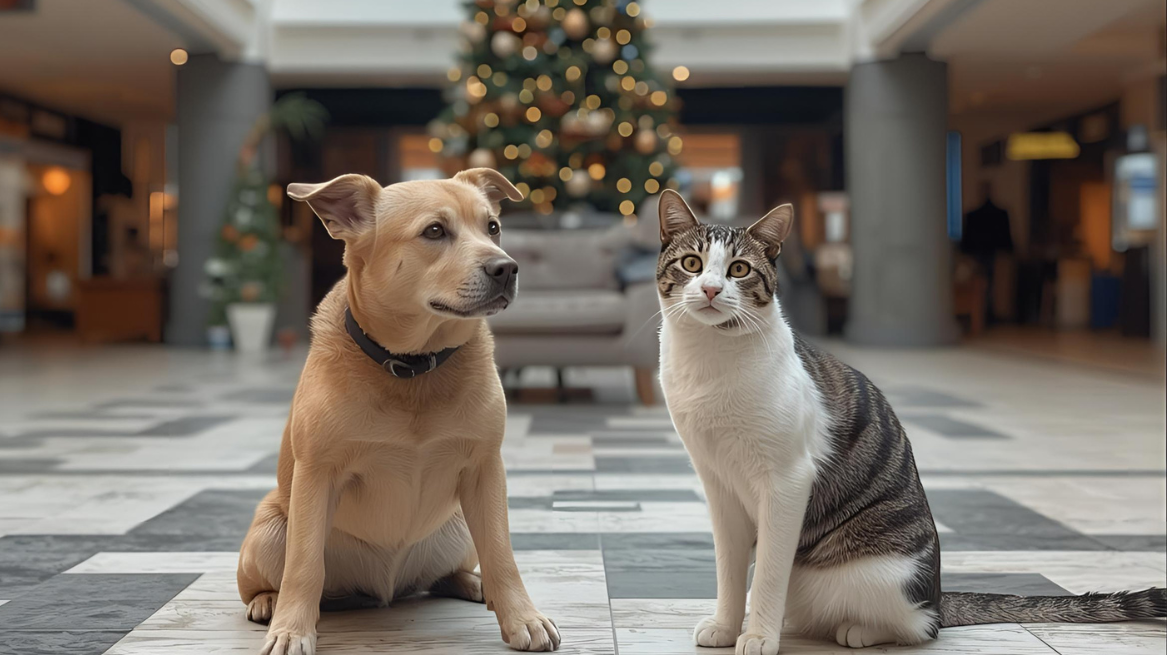
7 Pet-Friendly Malls in Singapore Every Pawrent Should Know About
Shop, dine, and stroll with your furkid at 7 pet-friendly malls across Singapore—think dog parks, pet lifts, alfresco cafés, and more. Our Smartpaw guide maps the best spots and shares quick tips f...

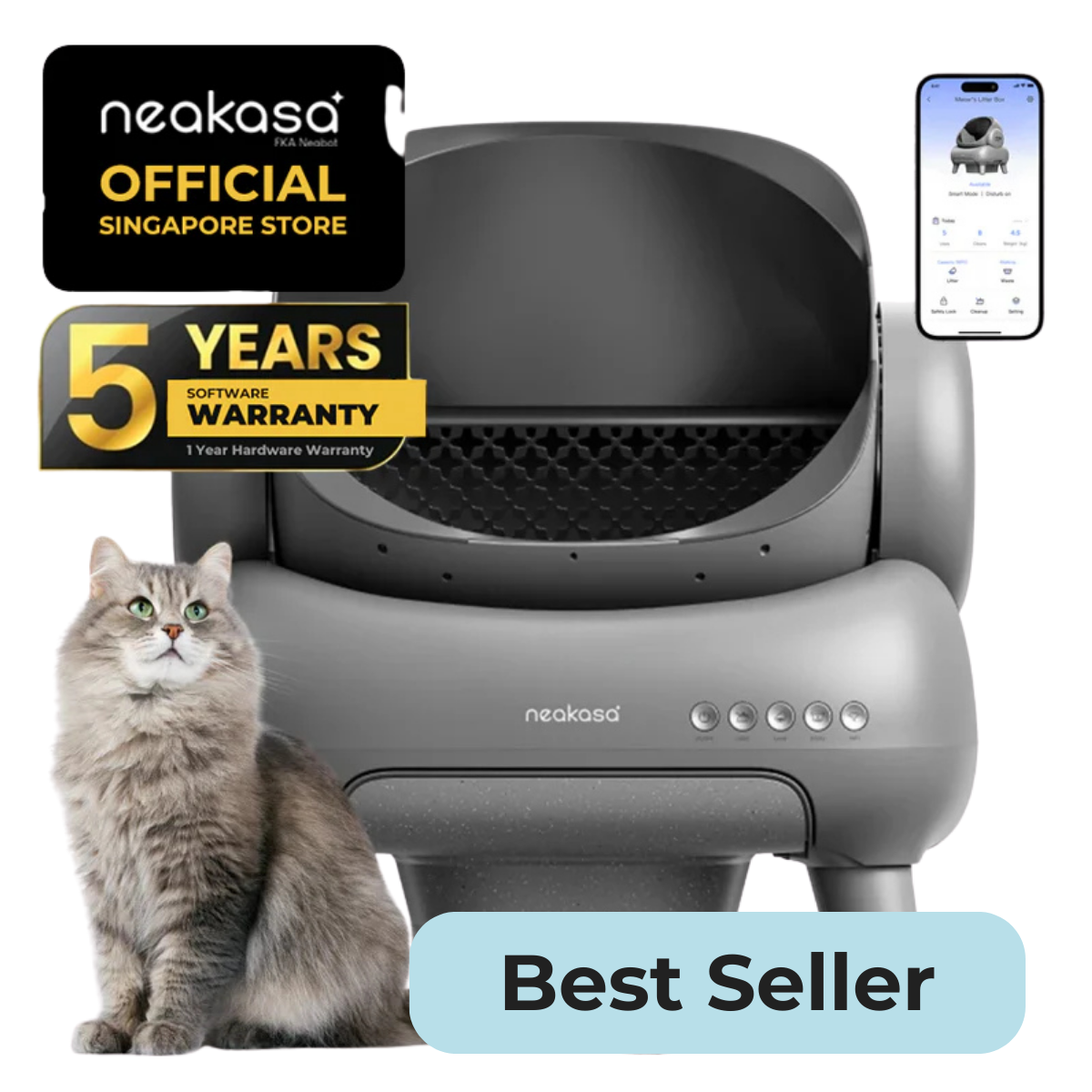
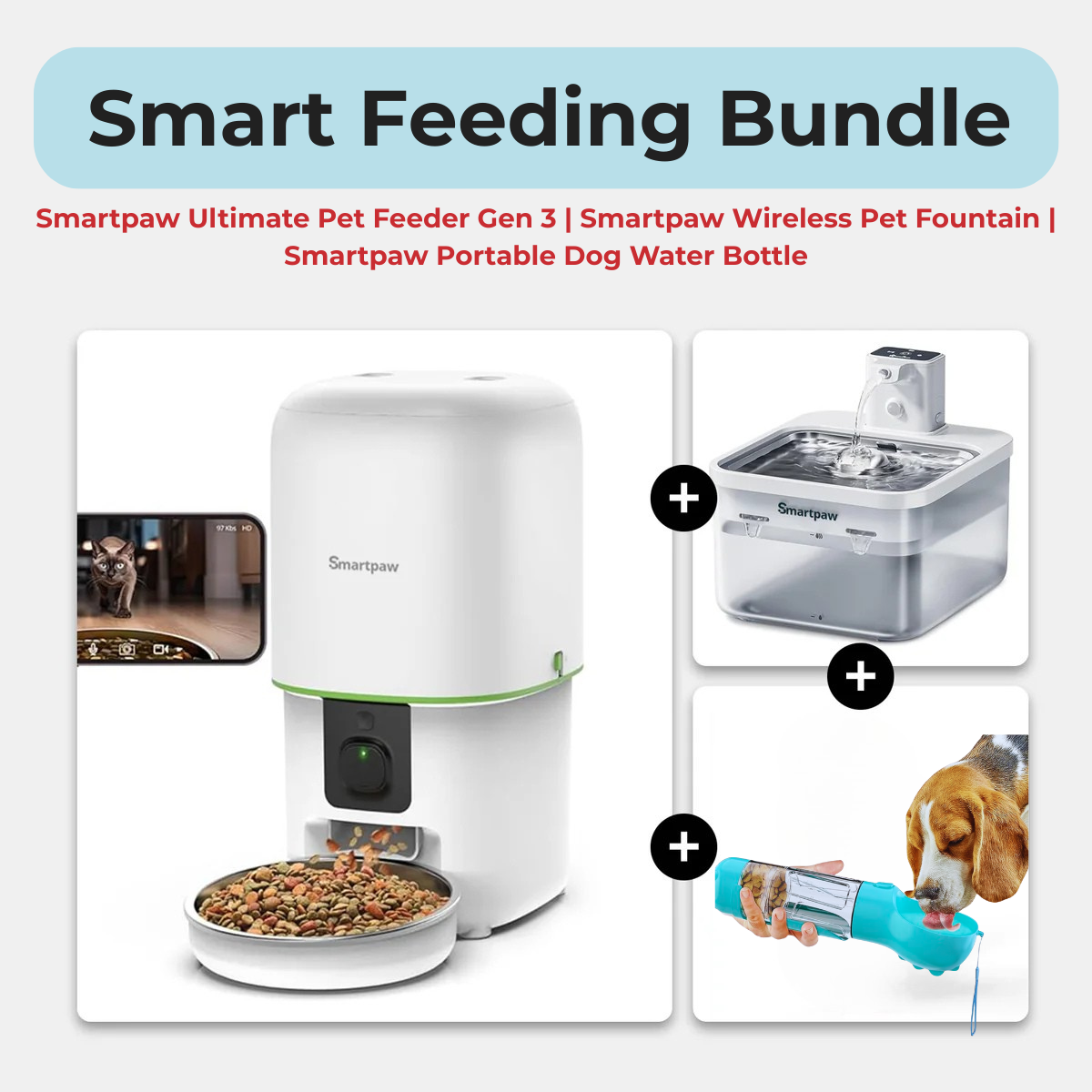
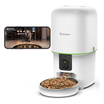


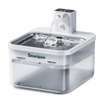

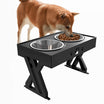



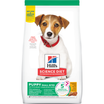

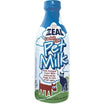

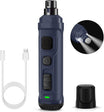
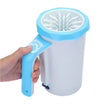
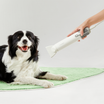
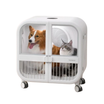
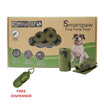
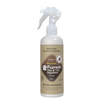
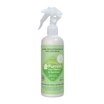
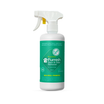
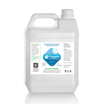

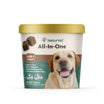


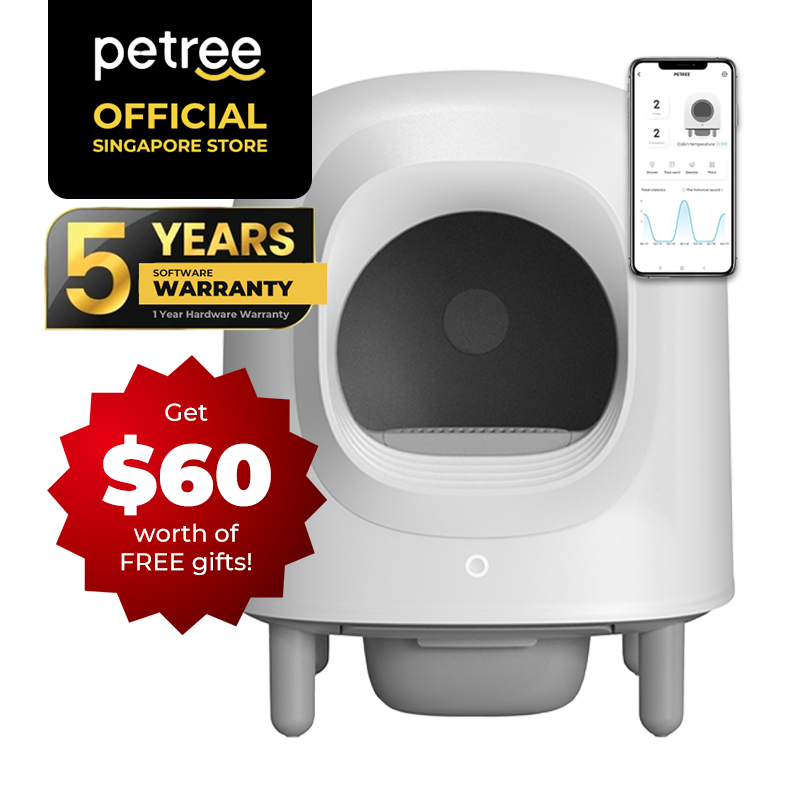
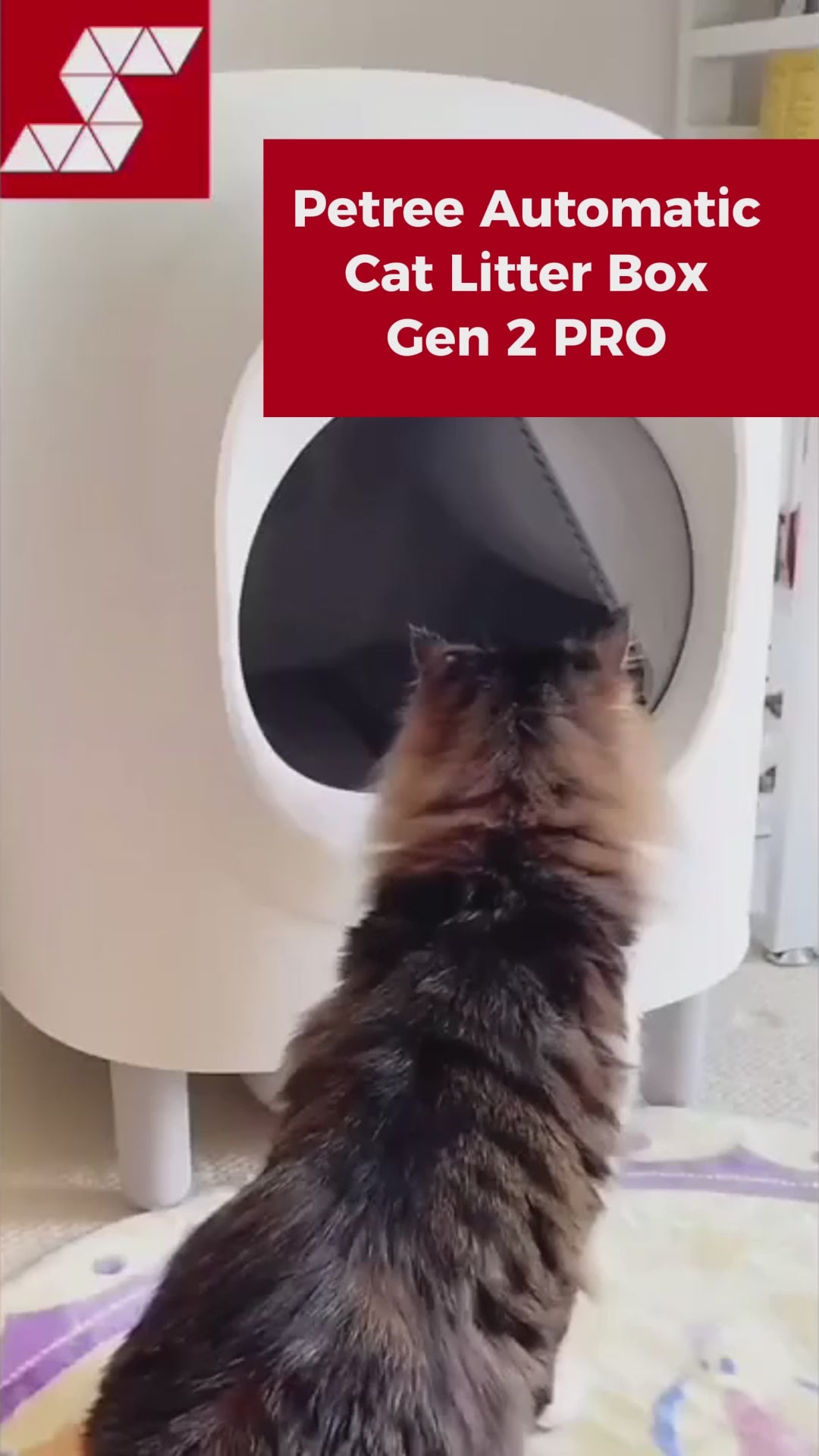
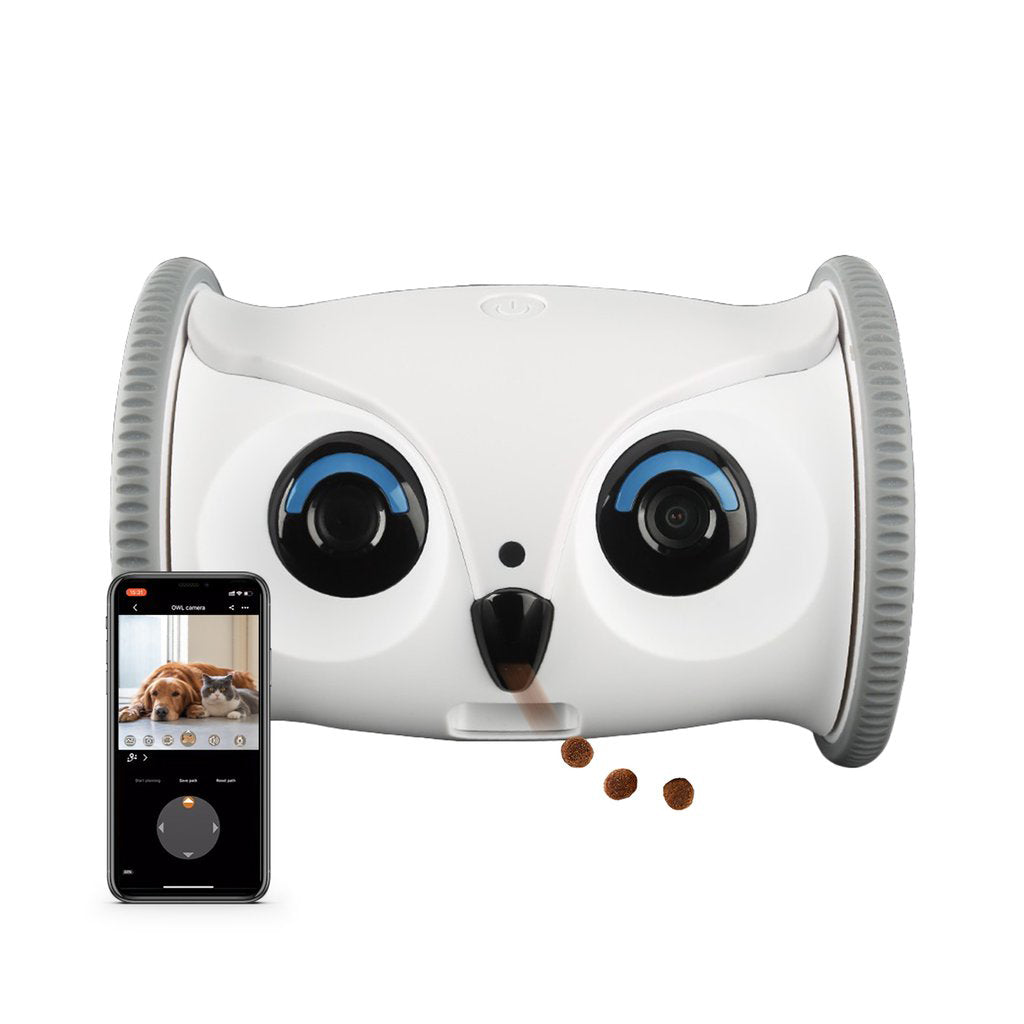
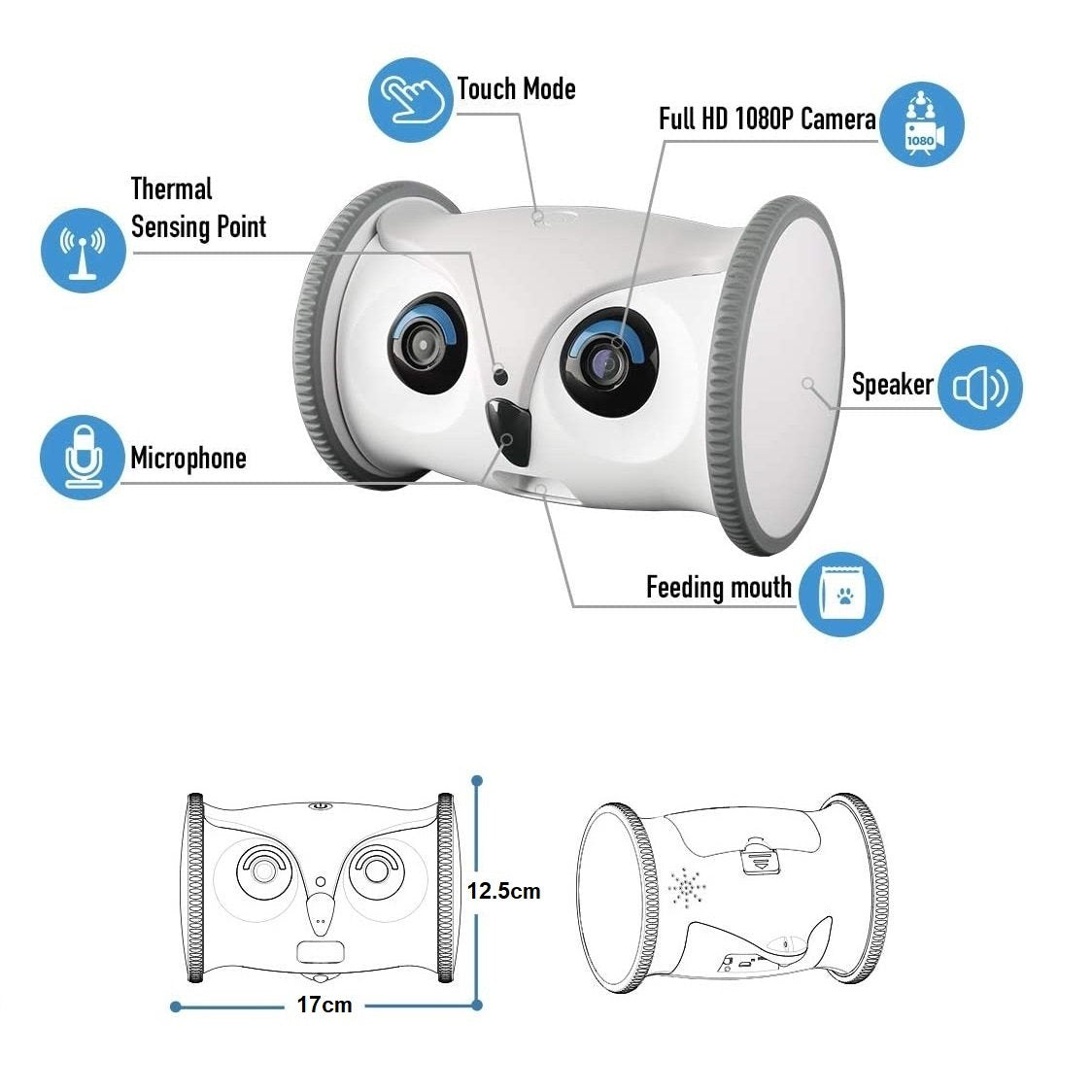
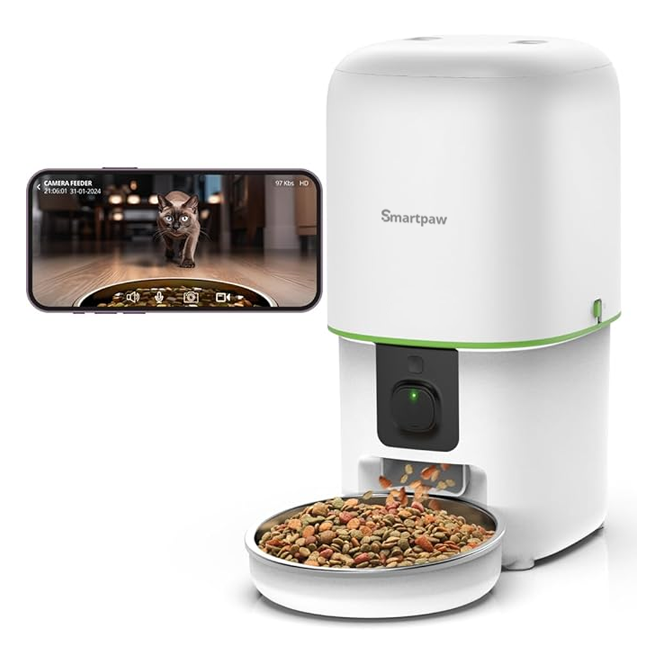
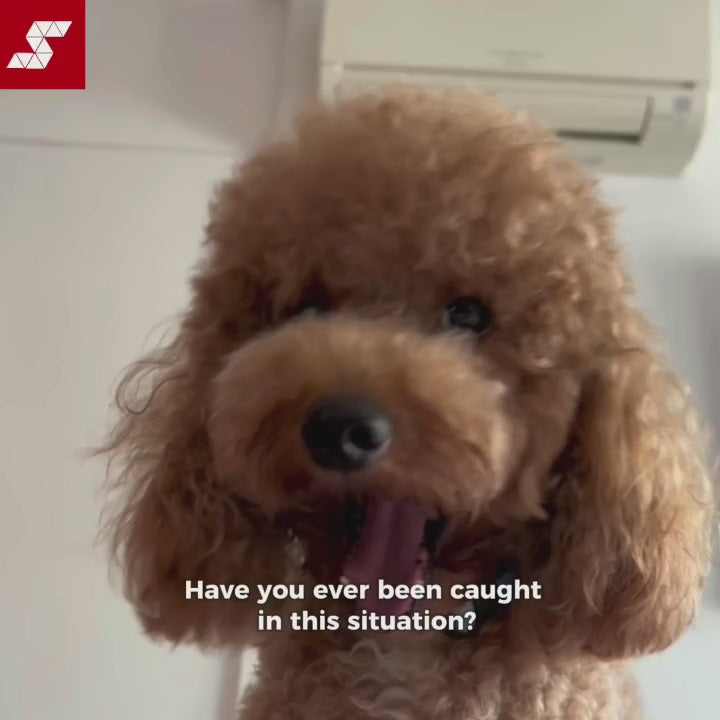



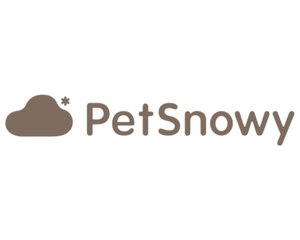










Leave a comment
All comments are moderated before being published.
This site is protected by hCaptcha and the hCaptcha Privacy Policy and Terms of Service apply.